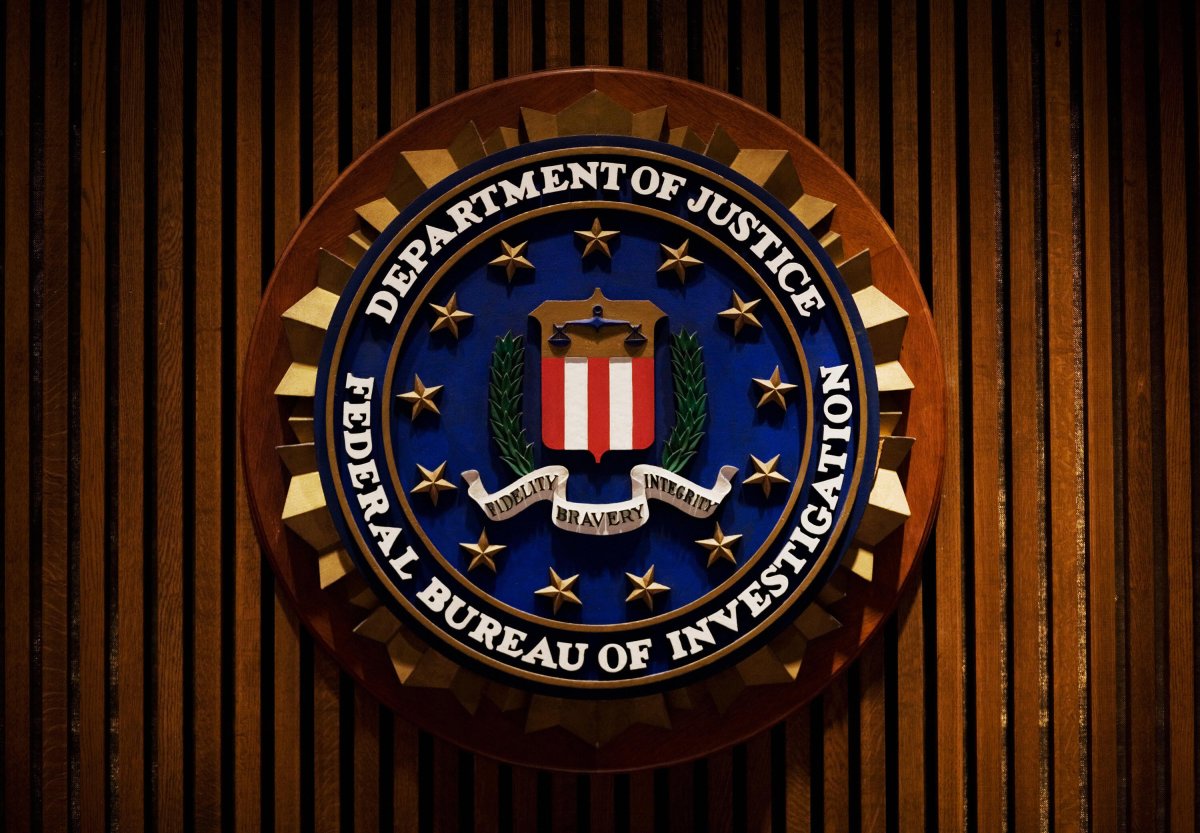Last week, the Federal Bureau of Investigation did something rather peculiar—it publicly rescinded an internal memo on "radical-traditionalist Catholic ideology" the day after a whistleblower had published it. The shocking memo cited the Southern Poverty Law Center, an organization notorious for smearing mainstream conservative and Christian nonprofits as "hate groups" and placing them on a "hate map" among such groups the Ku Klux Klan.
The document, titled "Interest of Racially or Ethnically Motivated Violent Extremists in Radical Traditionalist Catholic Ideology Almost Certainly Presents New Mitigation Opportunities," characterizes radical-traditional Catholics or "RTCs" by "the rejection of the Second Vatican Council (Vatican II) as a valid church council; disdain for most of the popes elected since Vatican II, particularly Pope Francis and Pope John Paul II; and frequent adherence to anti-Semitic, anti-immigrant, anti-LGBTQ, and white supremacist ideology."
The memo suggests that the FBI should monitor these Catholics through "the development of sources with access," including in "places of worship." It presents a list of "hate groups" published by the SPLC as a place to start this work.
The bureau rightly rescinded the memo, saying that it "does not meet the exacting standards of the FBI," but the memo's very existence should trigger alarm bells for anyone who cares about Americans' First Amendment freedoms.
The FBI has no business citing the SPLC's discredited "hate map," which inspired a terrorist to target the Family Research Council in Washington, D.C., in 2012. The gunman told the FBI that he intended to shoot everyone in the building and smear Chick-fil-A chicken sandwiches in their faces, sending a clear ideological message at a time when Chick-fil-A's foundation had come under fire for funding socially conservative organizations.
FBI brass should know that case, because the man who tried to shoot everyone at the Family Research Council office pleaded guilty to terrorism charges, becoming the first person convicted under D.C.'s terrorism statute. Kyle Seraphin, the FBI whistleblower who published the Catholicism memo, told me that the FBI uses that case to train agents.

Yet the FBI's decision to cite the SPLC is even worse when it comes to Catholicism, in particular. The SPLC has essentially suggested that the entire Roman Catholic Church should be considered a "hate group."
The SPLC has expanded the project it used to track the KKK to also track what it regards "anti-LGBT hate groups," "anti-immigrant hate groups," and "anti-Muslim hate groups." These include the Family Research Council, Alliance Defending Freedom, the Center for Immigration Studies, the Center for Security Policy, and others.
Many of these unjustly smeared organizations have repeatedly debunked the SPLC's claims against them. After the SPLC fired its co-founder amid a racial discrimination and sexual harassment scandal in 2019, a former staffer revealed that the SPLC's accusations of hate are a "cynical fundraising scam" aimed at "bilking northern liberals." Critics across the political spectrum have voiced opposition and alarm at the organization's hate group smears.
One entity the SPLC branded as a hate group is The Ruth Institute, a Louisiana-based organization that promotes traditional Christian views of marriage and family. It cited a quote from the institute's founder, Jennifer Roback Morse. Morse had quoted the Catechism of the Catholic Church, stating that homosexual activity is "intrinsically disordered." Even now, the SPLC lists that quote as proof that her organization is a "hate group," even though it comes directly from the Catechism, a document that binds 1 billion Catholics around the world.
"If this claim is enough to make an organization a 'hate group,' then the SPLC should call the Catholic Church a 'hate group.' Otherwise, it is being intellectually dishonest," I wrote in my book, Making Hate Pay. "The Catholic Church is the largest Christian denomination, claiming one billion adherents. By the SPLC's criteria, this massive church representing more than one eighth of the world's population should be considered a 'hate group.' It doesn't get more mainstream than that."
How did the FBI, which ostensibly answers to a Catholic president, consider it acceptable to cite an organization with a troubled history of anti-Christian and anti-conservative bias, an organization that suggests the entire Catholic Church should be considered a "hate group?" The Daily Signal has filed a Freedom of Information Act request to answer that question, and we will continue to demand answers.
Tyler O'Neil is managing editor of The Daily Signal.
The views expressed in this article are the writer's own.
Uncommon Knowledge
Newsweek is committed to challenging conventional wisdom and finding connections in the search for common ground.
Newsweek is committed to challenging conventional wisdom and finding connections in the search for common ground.
About the writer
To read how Newsweek uses AI as a newsroom tool, Click here.






